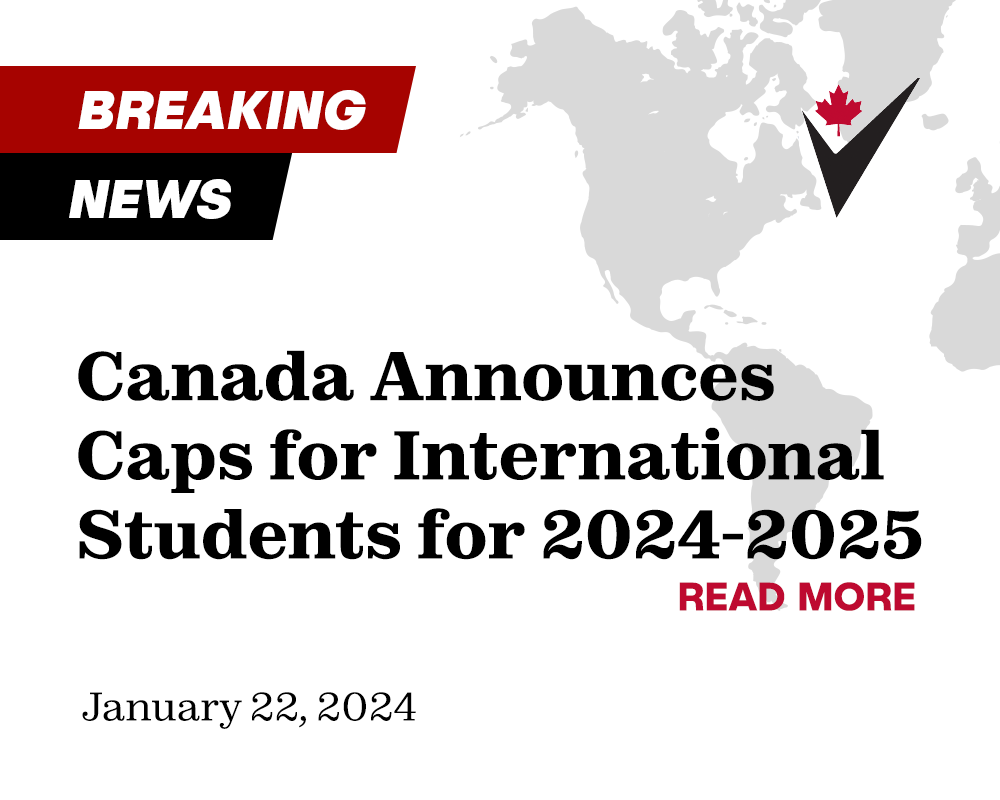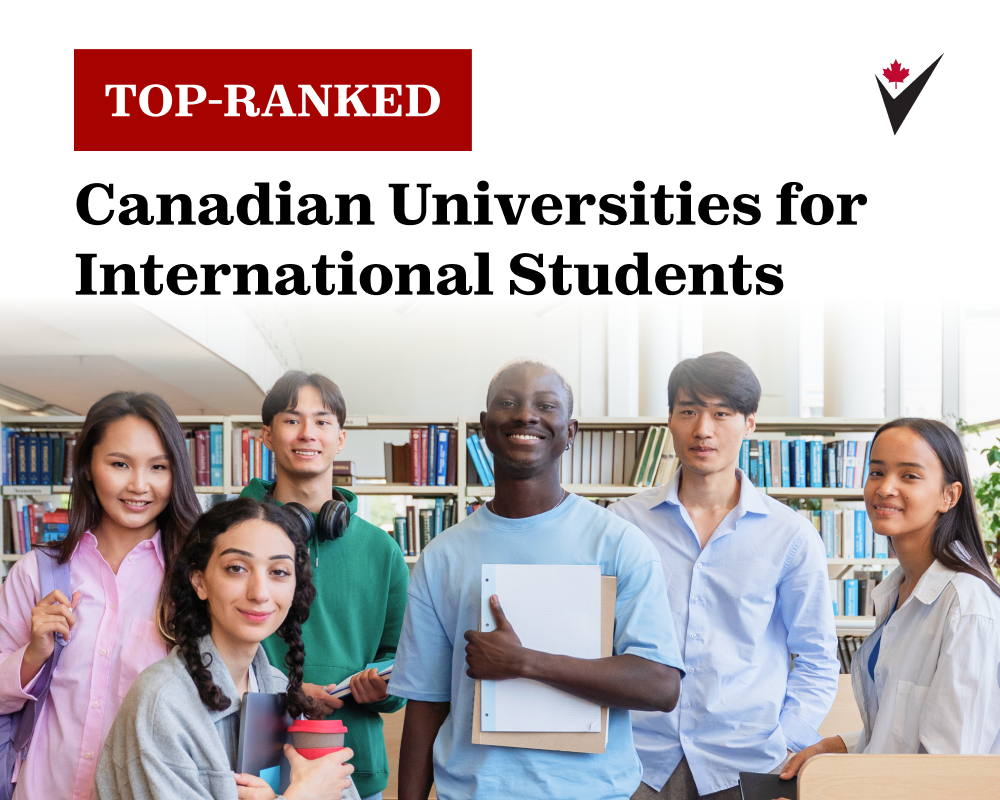Canada Announces Caps for International Students for 2024-2025

In a recent news release from Immigration, Refugees and Citizenship Canada on January 22, 2024, the Honourable Marc Miller, Minister of Immigration, Refugees and Citizenship, unveiled measures to stabilize the growth of international student permits in Canada. Recognizing the crucial role international students play in Canada's social, cultural, and economic fabric, the government aims to ensure the integrity of the international student system while fostering sustainable population growth.
Stabilizing Growth and Setting Intake Caps:
For the year 2024, the government will implement an intake cap on international student permit applications, reducing the number to approximately 360,000—a 35% decrease from 2023. These measures come in response to concerns about institutions increasing their intakes for revenue and students arriving without adequate support, impacting housing, healthcare, and other services. The cap will be in place for two years, with a re-assessment of new study permit applications in 2025.
Provincial and Territorial Allocation:
To implement the cap, each province and territory will receive a portion allocated by Immigration, Refugees and Citizenship Canada (IRCC). Provinces and territories will then distribute these allocations among their designated learning institutions. Effective January 22, 2024, every study permit application submitted to IRCC will require an attestation letter from a province or territory.
Introduction of Attestation Letters:
As of January 22, 2024, most students must include attestation letter from the province or territory where they plan to study with their study permit application.
Each province or territory is developing a process to get an attestation letter. These processes are expected to be in place by March 31, 2024. We’ll update this page with more information as it becomes available from each province and territory.
Applications submitted on or after January 22, 2024, without an attestation letter, will be returned.
Changes to Post-Graduation Work Permit (PGWP):
Starting September 1, 2024, international students enrolled in curriculum licensing arrangements will no longer be eligible for a post-graduation work permit. Graduates of master’s and other short graduate-level programs will now be eligible for a 3-year work permit, providing more flexibility for gaining work experience and transitioning to permanent residence.
Adjustments to Open Work Permits for Spouses:
In the coming weeks, open work permits will only be available to spouses of international students in master’s and doctoral programs. Spouses of students in other levels of study, including undergraduate and college programs, will no longer be eligible.
These measures, in conjunction with recent reforms to the International Student Program, aim to ensure genuine students receive the support they need for an enriching study experience in Canada while stabilizing the overall number of students arriving and alleviating pressures on housing, health care, and other services in the country. As Canada adapts to these changes, the government remains committed to fostering a welcoming and supportive environment for international students.



